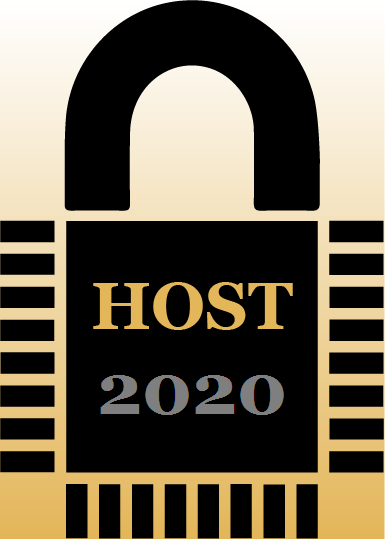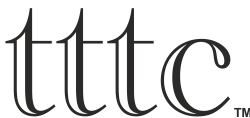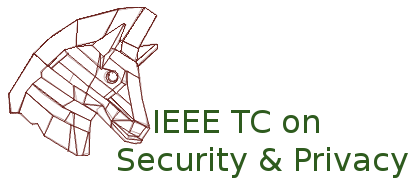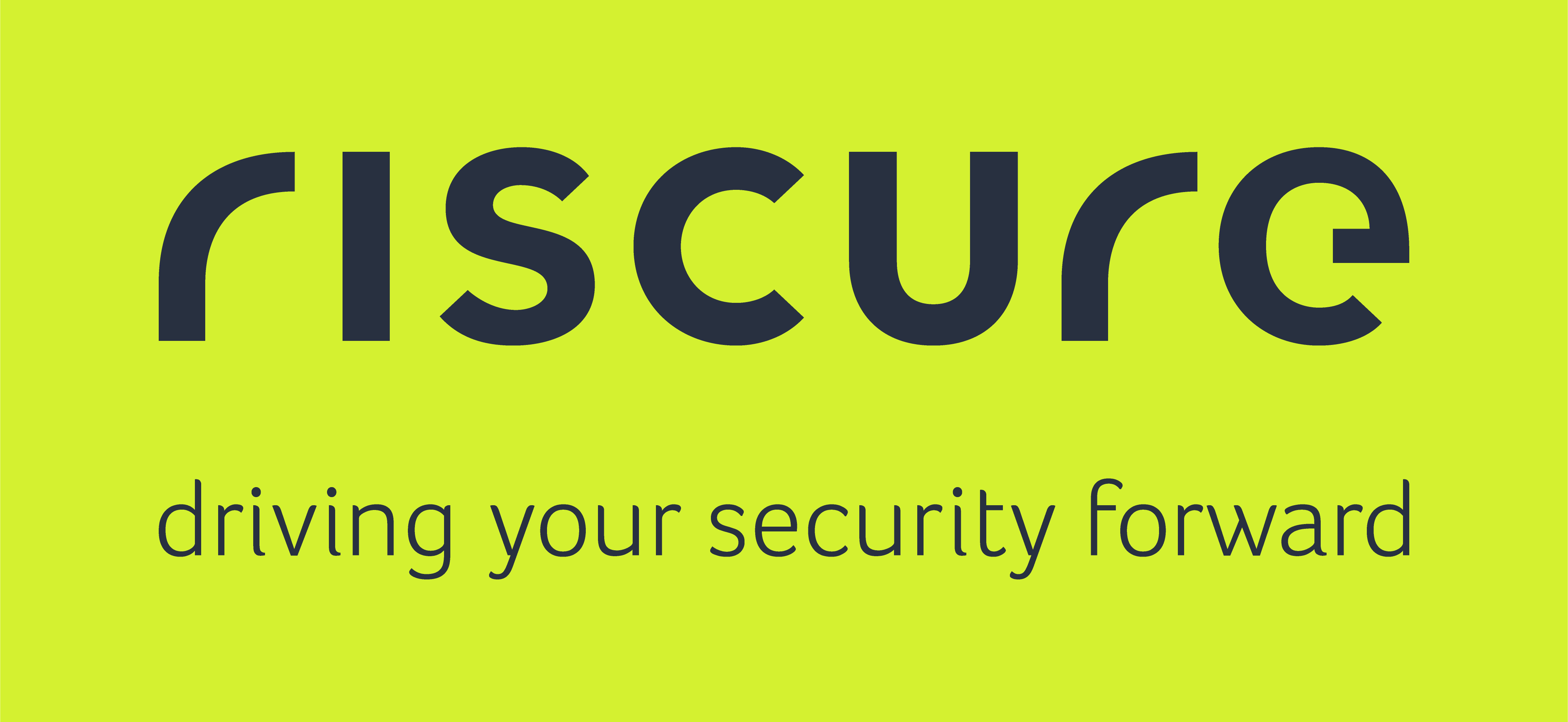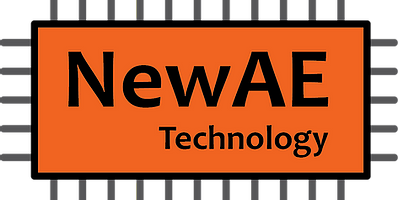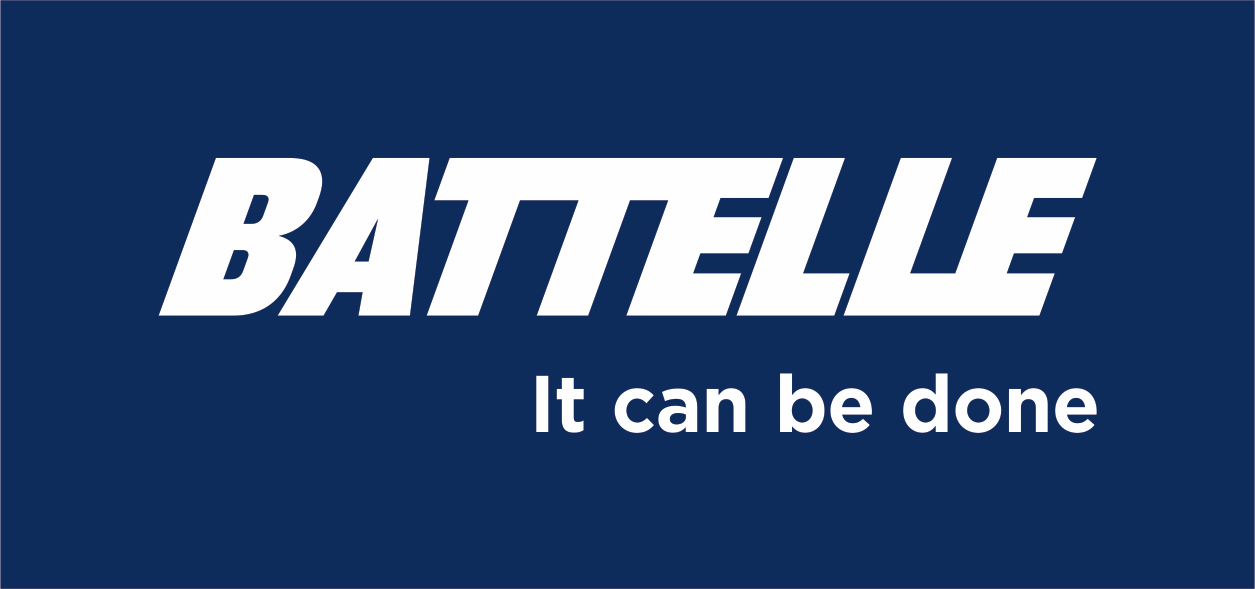IEEE International Symposium on Hardware Oriented Security and Trust (HOST)
HOST Publication Policies
Additional Guidance for HOST Reviewers on Preprint, Double-Blind, Multiple-Submissions, and HOST Submissions
Many of you have contacted us, either as reviewers or authors, asking about HOST's policies regarding preprint (also referred to as "eprint", online, open access, or self-publishing) platforms. HOST does not define these policies - they are defined by the IEEE and the affiliated technical committees which provide sponsorship, publication, distribution, funding, and administrative support for HOST and other IEEE sponsored conferences.
Of highest priority to HOST reviewers: you may not reject a paper because it appears online. IEEE allows publications submitted for consideration to appear online under specific circumstances, prior, during, and after acceptance to a conference. Given how easy it is to thoroughly search online, this presents a challenge to maintaining the integrity of the double-blind process.
Double-blind is not perfect and can be defeated, especially on works which are based on previous work - which much of our community's contributions are. Double-blind is based on a pledge that the reviewers must provide a fair, unbiased review and is at much of the trust that authors place into conferences. Please help us build and maintain that trust. Papers that appear online are not considered multiple submissions, nor are they not anonymized. Only papers submitted *to* the submission site must be anonymized. We do our best to review each submission to make sure that they are prior to assignment.
Some Highlights of the IEEE Policy
Prior to publishing, authors may post their work to personal websites or on (and only on) arxiv.org.
During submission and after acceptance, it may appear on a personal, institutional, employer, or funding entity websites, in addition to arxiv. It may also be posted to member sites of the International Association of Scientific, Technical and Medical Publishers, which abide by the "Sharing Principles". https://www.stm-assoc.org/stm-consultations/scn-consultation-2015/
After acceptance, these papers must be annotated with the IEEE copyright. At no point are they required to be anonymized.
As for other sites, some share content to other web properties and the content can propagate, even after the original submissions has been taken down. Some of these sites have non-exclusive and irrevocable rights for sharing under licensing vehicles such as Creative Commons. We have had authors who have made good faith efforts in removing their online publications prior to submission, only to find that they have been posted without their knowledge to additional sites. Authors with papers posted at non-IEEE approved preprint sites may submit to HOST, and if the paper is accepted must withdraw papers from those sites that do not meet the criteria before it is fully accepted. Unfortunately, one of the more popular sites, IACR eprint is one of the incompatible sites.
We kindly ask that reviewers not engage in activity or research that could identify the authors of the submissions they are assigned for review. With some effort, identifying authorship even on anonymized papers can be achieved, considering that authors frequently reference prior work or submit revised works with similar titles to other publications. Above all else, our community is small.
Reviewers may not reject a paper if they discover the identity of the authors. They must, however, immediately excuse themselves from reviewing the paper, notify the program committee immediately, and request another assignment.
In regard to published content, "previously published content" refers to an article which has been published in another journal or conference with little or no meaningful revision. Multiple-submissions refer to articles that are simultaneously submitted to two or more conferences or publications for consideration, review, and acceptance. You can find IEEE's policy on Multiple Submissions at https://www.ieee.org/publications/rights/multi-sub-guidelines-intro.html
